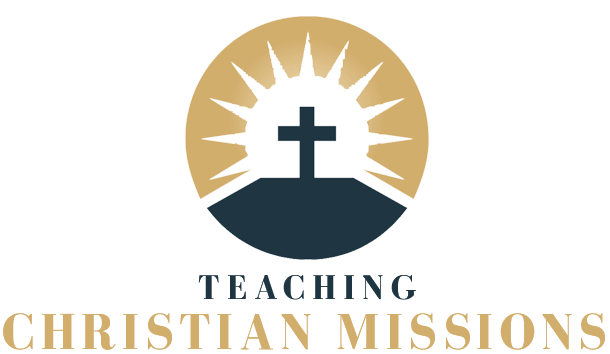As followers of Christ, it is important for us to not just read and understand the Bible, but to also study it deeply. This allows us to grow in our knowledge and understanding of God’s word, as well as develop a deep personal relationship with Him. But how do we begin such a journey? The truth is, starting a Bible study doesn’t have to be an overwhelming task. With careful preparation and dedication to prayer, anyone can start their own Bible study group with ease. Read on to discover some practical tips on how to start your own Bible study!
Why Study the Bible?
The Bible is full of wisdom and guidance that can help us live better lives. It can teach us about God’s love for us, and how we can show love to others. The Bible can also help us understand the meaning of life and death, and why Jesus came to save us from our sins.
What are Some Tips for Starting a Bible Study?
If you’re new to Bible study, the process can seem daunting. But don’t worry! We’ve put together some tips to help you get started.
- Pray for guidance. Before you begin your study, pray and ask God to guide you. He will give you wisdom and understanding as you read His Word.
- Choose a time and place that works for you. Make sure you have a quiet, comfortable space where you won’t be interrupted. And pick a time when you know you’ll be able to focus and won’t be too tired.
- Start small. Try not to read the Bible cover to cover all at once! Take it from there by starting with a chapter or book that interests you. You can always add more later on.
- Read with an open mind. Be willing to learn new things and have your beliefs challenged. The Holy Spirit will use the Bible to speak to your heart and change your life!
What are Some Good Resources for Bible Study?
There are numerous resources available for Bible study, including commentaries, concordances, dictionaries, and encyclopedias. These resources can be found in both print and digital formats.
Some good print resources for Bible study include the NIV Study Bible, the ESV Study Bible, and the MacArthur Study Bible. Digital resources for Bible study include the YouVersion Bible App and Bible Gateway.
Commentaries are a great resource for understanding the meaning of Scripture. Some popular commentaries include the Matthew Henry Commentary, Jamieson-Fausset-Brown Commentary, and Keil & Delitzsch Commentary on the Old Testament.
Concordances are helpful for finding specific verses in the Bible. A couple of popular concordances are Strong’s Concordance and Young’s Analytical Concordance to the Bible.
Dictionaries provide definitions for words in the Bible. A few good dictionaries for Bible study are Vine’s Complete Expository Dictionary of Old and New Testament Words, The Moody Dictionary of Theology, and Zondervan Pictorial Encyclopedia of the Bible.
Encyclopedias offer background information on people, places, events, and topics mentioned in Scripture. The International Standard Biblical Encyclopedia and The Illustrated Dictionary and Concordance of the Bible are two well-known encyclopedias used by many students of Scripture.
What are Some Questions to Ask When Starting a Bible Study?
1. Who is the target audience for the study?
2. What are the goals of the study?
3. What is the schedule for the study?
4. How will the study be conducted? (in person, online, etc.)
5. What materials will be used in the study? (Bible, commentaries, handouts, etc.)
How Can You Keep Motivated in Your Bible Study?
It can be difficult to keep motivated in your Bible study, especially if you feel like you are not making progress. Here are a few tips to help you stay motivated:
1. Set realistic goals for your study. If you set goals that are too high, you will only be discouraged when you don’t meet them. But if you set achievable goals, you will be more likely to stick with your study and see progress over time.
2. Find a study partner or group. It can be helpful to have someone else to help keep you accountable and motivated in your studies.
3. Take breaks as needed. Don’t try to force yourself to study if you’re feeling burnt out or overwhelmed. It’s okay to take a break and come back to it later with fresh energy.
